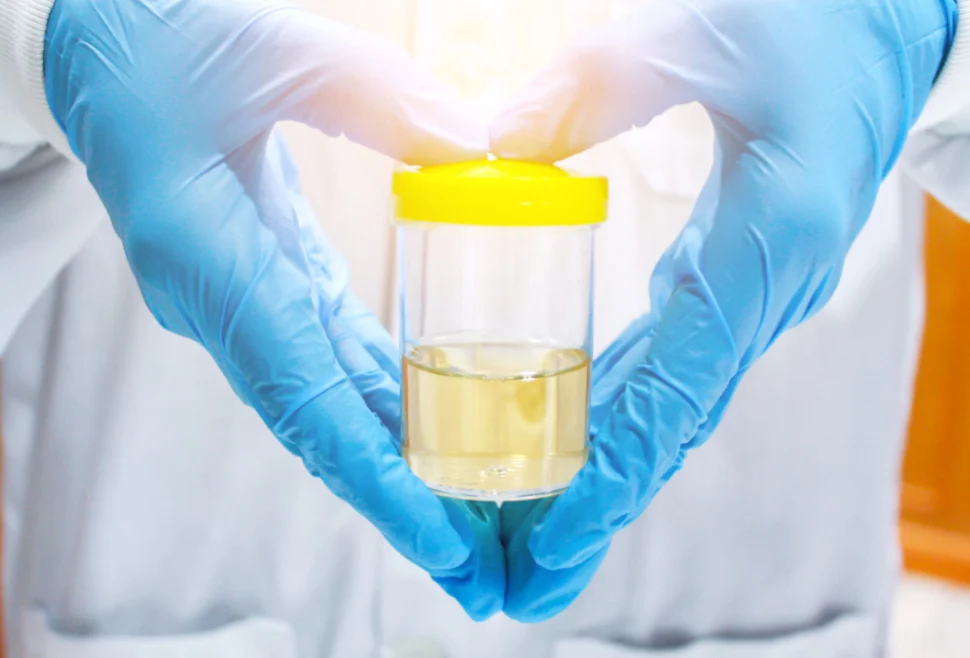The concept of synthetic urine has long been associated with fictional narratives, often depicted in movies and books as a means to deceive drug tests or engage in illicit activities. However, what was once considered a purely imaginative idea has now become a reality. With advancements in scientific research and technology, the development and production of synthetic urine have emerged as a legitimate field of study. Synthetic urine, also known as fake urine or laboratory urine is an artificially created substance that closely mimics the chemical composition and physical properties of real human urine. Its production involves a careful formulation of various components, such as water, urea, creatinine, uric acid, and other compounds typically found in natural urine. The goal is to replicate the exact characteristics of urine, including its color, odor, pH level, and specific gravity. The demand for synthetic urine has primarily arisen in two main areas: scientific research and drug testing.

In scientific research, synthetic urine serves as a reliable and consistent substitute for real urine in laboratory experiments. Researchers can manipulate its composition to simulate specific conditions or to standardize experiments, ensuring accurate and reproducible results. This use of synthetic urine has significantly contributed to advancements in various fields, including medicine, biochemistry, and pharmacology. On the other hand, synthetic urine has gained notoriety in the context of drug testing. Some individuals who engage in illicit drug use attempt to subvert drug tests by substituting their own urine samples with synthetic urine. This practice has prompted stringent measures by drug testing authorities to identify and detect synthetic urine samples, leading to the development of more sophisticated testing methods. As a result, the synthetic urine industry has evolved to create products that closely resemble real urine while being difficult to distinguish under scrutiny. Despite the controversial applications, synthetic urine has proven valuable in other legitimate areas as well. For instance, it is widely utilized in educational and training settings. Medical professionals, such as doctors, nurses, and laboratory technicians, can practice urine testing procedures using synthetic urine before handling real patient samples.
This ensures that healthcare providers are adequately trained and proficient in interpreting urine test results, contributing to improved patient care and safety. Moreover, Lab-made urine sample has found application in product testing and quality control. Companies manufacture and distribute urine analysis equipment, such as urinalysis test strips or urine analyzers, rely on synthetic urine to validate the accuracy and performance of their products. By using synthetic urine, they can ensure the consistency and reliability of their testing devices, ultimately benefiting consumers who rely on accurate diagnostic information. In conclusion, what was once a fictional concept has become a tangible reality with the development of synthetic urine? Through meticulous formulation and replication of the chemical composition and physical properties of real urine, synthetic urine has found application in scientific research, drug testing, education, and product testing. While its association with illicit activities remains a concern, the legitimate uses of synthetic urine have contributed to advancements in various fields and have proven valuable in ensuring accuracy, consistency, and reliability.
